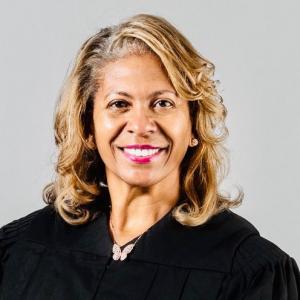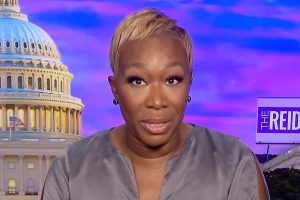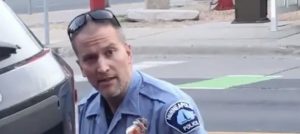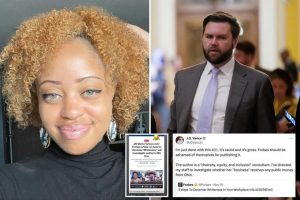Millions of people have watched the video of George Floyd’s death. A dozen will decide the fate of the white policeman seen kneeling for nearly nine minutes on the neck of the 46-year-old Black man.
Seating a 12-member jury for the murder trial of Derek Chauvin, a 19-year veteran of the Minneapolis police force, is particularly difficult because the case has received such widespread publicity.
“The challenge is to find jurors who have not made up their mind, who have not prejudged the case,” said David Schultz of the law school of Hamline University.
Also Read: Kyle Police Department evacuates areas after reports of an active shooter
The viral video of Floyd’s May 25 death sparked a summer of protests against police brutality and racial injustice in the United States and around the world. Citing pre-trial publicity, defense lawyers for Chauvin sought to have the trial moved out of Minneapolis, the Minnesota city where Floyd died, but the motion was denied.
“Basically, you can know about a case, you can even have an opinion about a case, but you must be able to set that aside, and be fair and impartial in order to serve,” said Jeffrey Frederick, who has written extensively about jury research.
“The real sticking point is that a lot of people have formed opinions about the case,” Frederick said.
Hennepin County Judge Peter Cahill, who is presiding over Chauvin’s trial, has delivered a variation of the same instruction to every potential juror since jury selection began on Tuesday.
“Like everyone else you’ve seen something about this case,” he told one juror. “Can you put those opinions aside and decide the case on the law and the facts?”Not every prospective juror has said they can.
Also Read: US Treasury Department announces sanctions on family of Myanmar junta leader
“I think I definitely hope for a specific outcome,” said a young woman identified only as Juror No. 3 when being questioned by the judge. “I don’t know that that would change.” She was excused by the judge.
Also excused was a 19-year-old Black man who said he has a poor opinion of the Minneapolis Police Department and was reluctant to serve on the jury.
“My Dad was racially profiled in a traffic stop,” he said.
Only one of the prospective jurors so far, a white man in his 20s or 30s, has said they have not seen the video of Floyd’s death.
The man, who said he has seen only a still image from the video, was the first person selected for the jury, which will comprise 12 jurors and two alternates.
Also Read: Joe Biden and Kamala Harris respond to COVID-19 House vote on Twitter
Each potential juror filled out a 16-page questionnaire before being called in for jury selection.
Among the questions asked were whether they have seen the video of Floyd’s death, whether they took part in protests against racial injustice and whether they’ve had any interactions with police.
They were also asked how they view the “Black Lives Matter” movement and whether they have a favorable or unfavorable view of Chauvin, the accused.
Chauvin’s attorney and prosecutors have probed the prospective jurors further during the process called voir dire about their beliefs and knowledge about the case.
“What a skilled trial attorney is going to do is to identify the jurors who might be dangerous for their case,” said Steve Tuller, a jury consultant.
Also Read: Blinken presses for investigation after ‘ethnic cleansing’ in Tigray, Ethiopia
Each side is allowed to strike a potential juror without giving a reason using what are called peremptory challenges — 15 for the defense and nine for the prosecution.
Each side has exercised several peremptory challenges so far.
“While it’s called jury selection, that’s somewhat of a misleading phrase,” said Frederick. “What it is really is juror rejection.”
The judge can also excuse jurors and he has done so already on compassionate grounds.
One man, an accountant, was excused because it is currently tax season and he expects to be very busy with work over the next few weeks.
Also Read: Senate approves Merrick Garland as US Attorney General
Another man, Juror No. 20, told the judge his wedding was set for May 1 in Florida and the trial could interfere with his nuptials.
That wasn’t enough to get him excused and he was selected for the jury.
“We’ll do our best to get you to your wedding,” Judge Cahill promised.




